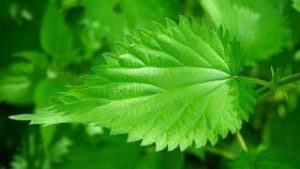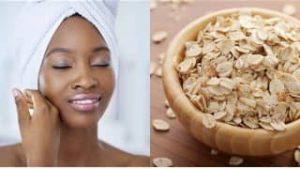Nettle Root Extract Beneficial for Prostate Health

Over 25 % of men over 50 suffer from prostate problems.
The benign prostatic hyperplasia (benign prostatic hypertrophy or BPH for short) is characterized by an increase in the volume of the prostate gland located behind the base of the penis. It is therefore not a cancer.
Hypertrophy progressively obstructs the urethra, thus interfering with the action of urinating. The pharmaceutical industry offers alpha-blocker drugs such as Xatral ®, Dysalfa ®, Josir ®, drugs inhibiting the 5-alpha reductase like Chibro proscar ®, the Avodart ® and specialty plant as Permixion ® and Tadenan ®. These drugs reduce the micturition disorders and the progression of hypertrophy. In some cases, an operation is necessary.
More and more people are turning to natural treatment. You have certainly heard of nettle (Urtica dioica and Urtica urens) as being able to cure the prostate.
Is it true that nettle root can significantly relieve urinary disorders associated with benign prostatic hypertrophy ?
Nettle Root Extract Beneficial for Prostate – Ingredients
Nettle root contains many active ingredients (minerals, vitamins, acetylcholine, histamine … ) but it seems that it is particularly the sterols and b-sitosterol it contains, which would improve symptoms associated with benign prostatic hyperplasia.
Prostate Growth and Influence of Sex Hormones
Do you know why the prostate gland enlarges with age ? Two main reasons are known at present:
1 ) Scientists have noticed that the male hormone, testosterone, has a tendency to convert to dihydrotestosterone (DHT) under the influence of an enzyme (5-alpha-reductase). DHT binds to the cell receptors activating prostate growth factors (‘insulin-like growth factor’ or IGF-1 for short) and indirectly stimulates growth.
2) With age and after 40 years, testosterone gradually decreases. This results in an increase in the percentage of estrogen, like DHT, which easily binds itself to cells in the prostate gland are stimulating cell proliferation.
How Nettle Root Extract Works ?
Now, it remains to explain how nettle root extracts work, or more precisely its sterols. These active ingredients present in the roots of nettles prevent the conversion of testosterone to dihydrotestosterone or DHT by inhibiting the enzyme converter and also participate in reducing estrogen production. The result is therefore a reduced stimulation of growth factors in the prostate!
Conclusion
If you suffer from symptoms of benign prostatic hyperplasia or BPH, do not deprive yourself especially eating nettle root extracts.
More than 20 studies conducted in different countries concur that this plant is also beneficial in terms of prevention and curative in cases of benign prostatic hyperplasia.
Got Prostate Problems ?
In the e-book : « Healthy Prostate », you’ll learn:
• 12 warning signs that you may have BPH or benign prostatic hyperplasia. Page 47.
• 9 ways to minimize symptoms of benign prostatic hyperplasia, and pee normally again, without surgery. Page 49.
• « Retrograde ejaculation » is an undesirable condition in which semen, instead of coming out of the penis, works its way back into your bladder. Do you know which wildly popular prostate treatment has an 80% risk of retrograde ejaculation? Page 52.
• 7 unpleasant side effects that can result from surgery for prostate cancer. Page 67.
• The truth about PSA testing with its high rates of false positives for prostate cancer. Page 80. Plus: 15 reasons other than prostate cancer why your PSA might be abnormally high. Page 81.
• Does a vegetarian or vegan diet reduce your chances of developing a prostate problem? Here’s the inside story. Page 166.
• This simple exercise can help you strengthen your prostate, improving blood flow and removing toxins. Page 347.
Author : Alexis ROGER
Weight Loss Juice with Parsley
Brain Teaser
__________

